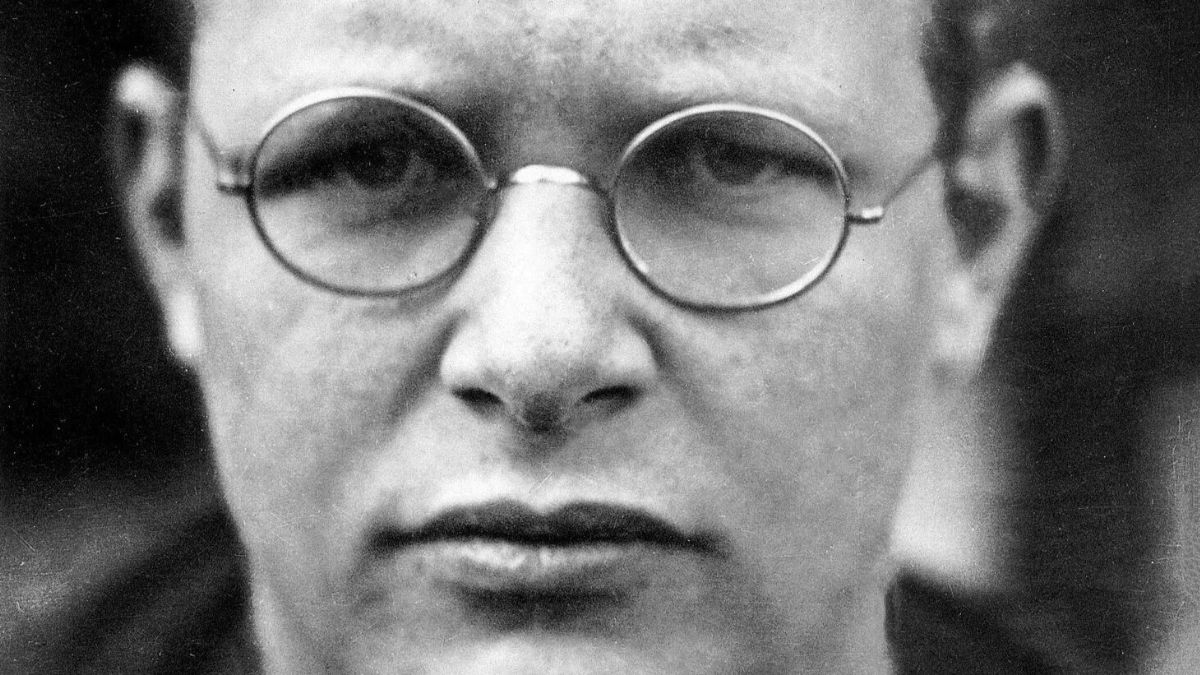

BreakPoint
Citizens on Patrol
In one Baltimore neighborhood, thieves and burglars have all but given up. The streets are simply too well patrolled for anyone to make a dishonest buck. But the men driving the patrol cars don't wear badges, as you might expect. Instead they wear yarmulkes. They are members of a large citizen patrol consisting solely of Orthodox Jews. The group formed in 1983, when local crime rates sky-rocketed. Since then, according to the Wall Street Journal, street robberies have dropped 50 percent. A local police agent estimates that assaults on people have dropped from roughly one every three days to one a month. What makes this citizen patrol unique, however, is the religious motivation that keeps them on the streets day after day. These volunteers are out there because their rabbis insist on it. Keeping watch over their neighbors is not considered optional; it's a mitzvah—a religious duty. On a typical evening, a dozen patrollers gather in a synagogue basement. A Baltimore police agent briefs the men on neighborhood crime patterns, then doles out flashlights, radios, and magnetic signs to attach to their cars. Then the patrol cars hit the streets. One patroller stops at a local pizzeria and stands guard while the owner locks up. Another keeps watch while a young couple unloads their car from a late-night shopping trip. If patrollers spot anything suspicious, they radio the police at once. Baltimore citizens love the patrol. "It's a pleasure having [them] come in and check on us," says a local businessman. "It's like the olden days, having the cop on the beat come in and see if things are OK." This patrol doesn't stop at watching the streets, either. They lobby judges for strict and fair sentences for anyone arrested on their beat. And they show up at parole hearings, working with parole boards for the best balance in the needs of the neighborhood and the offender. Police tend to be skeptical of citizen patrols; most collapse once the novelty has worn off. But the Baltimore patrol is one of the largest and longest-lasting in the country. The secret to its success is its religious motivation. Their motto is "We Are Our Brother's Keepers." When citizens take their religion into the social arena, critics often paint them as intolerant and divisive. But this group of Orthodox Jews, patrolling the streets in their yarmulkes, demonstrate the positive social effects religion has. When they put their faith into action, the entire community benefits. Americans have developed a tendency to look to the government to solve the problem of crime. But the solutions government offers—building new prisons and passing tougher sentences—just don't work. The only real solution to crime is for every American to become his brother's keeper. Your local police department can tell you how to set up a citizen patrol in your own neighborhood. In fact, we Christians ought to be the first to put our faith into action. We should be the first to realize that taking care of our neighbors is not optional. It's what Orthodox Jews call a mitzvah—a religious duty.
05/9/95















